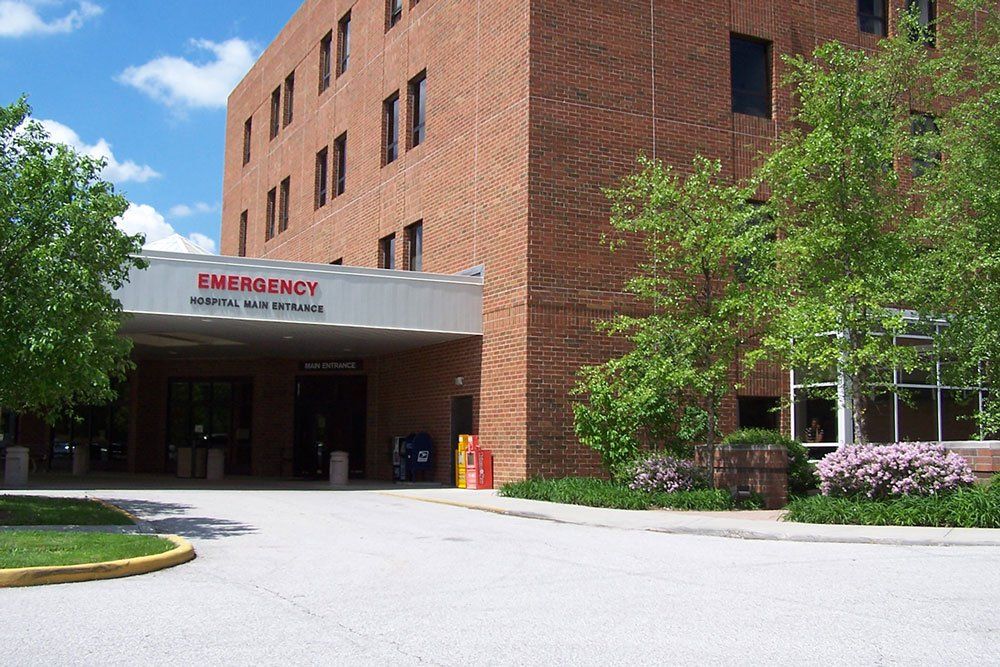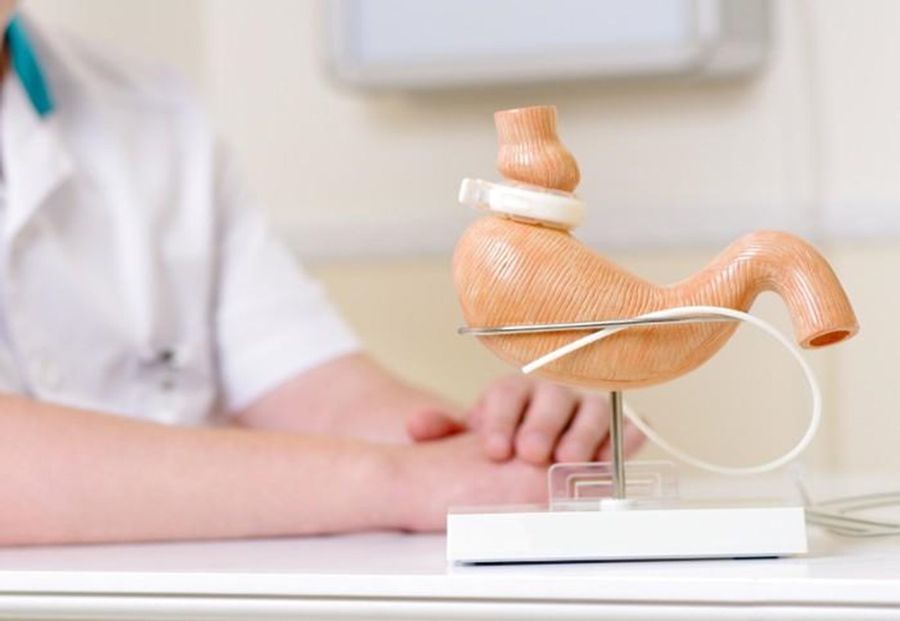Bariatrics Overview
Bariatrics is a branch of medicine that focuses on the treatment of obesity and associated conditions. The field encompasses a variety of treatments, procedures, and lifestyle changes to help individuals lose and maintain a healthy weight and improve overall health.
This article will discuss the treatments, related conditions, and physiology associated with this specialized field of medicine.
Physiology
The physiology behind bariatric interventions involves understanding how our body stores fat and uses energy from food sources to perform daily activities. Our body stores excess calories from food as fat cells, which then act as an energy reserve for when we do not have access to food sources or need extra energy for physical activity or other activities such as growth and development.
By changing our diets and increasing physical activity levels, we can reduce our caloric intake compared to what our body needs for daily functions. This leads us into a negative energy balance where our body begins using stored fat cells for energy instead of relying solely on food sources.
This process results in weight loss over time with proper implementation and monitoring of diet changes and physical activity levels by one’s individual goals and physician recommendations.
Sometimes more than diet and exercise may be required to lose weight or maintain successful long-term results.
Related Conditions
Other conditions are often related to or caused by obesity. These conditions include type 2 diabetes mellitus, hypertension (high blood pressure), sleep apnea (interrupted breathing during sleep), joint problems due to excess weight bearing on certain joints such as knees and hips, and heart disease (coronary artery disease).
Treating obesity through bariatric interventions can often help reduce the symptoms or improve the prognosis for these associated conditions.
Bariatrics Treatments
Weight loss specialists will design a weight management program according to individuals' needs.
Lifestyle Changes
Weight loss specialists will design a weight management program according to individuals' needs.
Related Conditions
Other conditions are often related to or caused by obesity. These conditions include type 2 diabetes mellitus, hypertension (high blood pressure), sleep apnea (interrupted breathing during sleep), joint problems due to excess weight bearing on certain joints such as knees and hips, and heart disease (coronary artery disease).
Treating obesity through bariatric interventions can often help reduce the symptoms or improve the prognosis for these associated conditions.
Bariatrics Treatments
Weight loss specialists will design a weight management program according to individuals' needs.
Lifestyle Changes

Treating obesity and associated conditions can be done through lifestyle modifications such as diet changes and increased physical activity levels.
Psychological Counseling
This type of treatment often comes in the form of cognitive-behavioral therapy (CBT), which has been proven effective at helping people make better health decisions and encouraging healthier behaviors.
Medication
If a patient has an underlying medical condition contributing to their weight gain (such as hypothyroidism), medications may be prescribed to address this issue in addition to dietary changes or increased physical activity.
Bariatric Surgery

In morbid obesity cases, surgical weight loss, such as gastric bypass, lap band, and sleeve gastrectomy, may be recommended by a physician to help individuals lose weight faster and to reduce the risk of potential medical complications.
Weight loss surgeries can also help obese patients who have been unsuccessful at losing weight by dieting, exercising, or other non-surgical methods.
Bariatric surgery procedures are designed to achieve long-term weight loss success. By surgically altering the size of the stomach or intestines or controlling digestion in some way (such as with an adjustable gastric band), it can be easier for bariatric patients to stick to their meal plans and achieve their weight loss goals.
Weight loss surgery is becoming increasingly popular as a treatment for obesity. It is effective in helping people lose weight and maintain a healthy body mass index (BMI).
In addition, bariatric surgery can reduce the risk of developing severe medical conditions such as diabetes, heart disease, stroke, sleep apnea, high blood pressure, arthritis, gallbladder disease, and certain types of cancer.
Another benefit of bariatric surgery is that it can improve self-esteem and quality of life by improving physical activity levels, increasing energy levels, reducing stress, and making everyday tasks easier.
It can be difficult for people looking to take the first step in their weight loss journey to determine which treatment plan is best for them. With so many options available, from diet and exercise plans to medications and bariatric surgery, it can be overwhelming to figure out where to start.
By working with healthcare providers specializing in the prevention and management of obesity through an individualized approach tailored specifically to each patient’s needs, obese adults can finally take control of their health and reach their desired weight loss goals.
For more information about our services or to make an appointment, please visit our website or call us at (765) 301-7300.
RECENT HEADLINES








